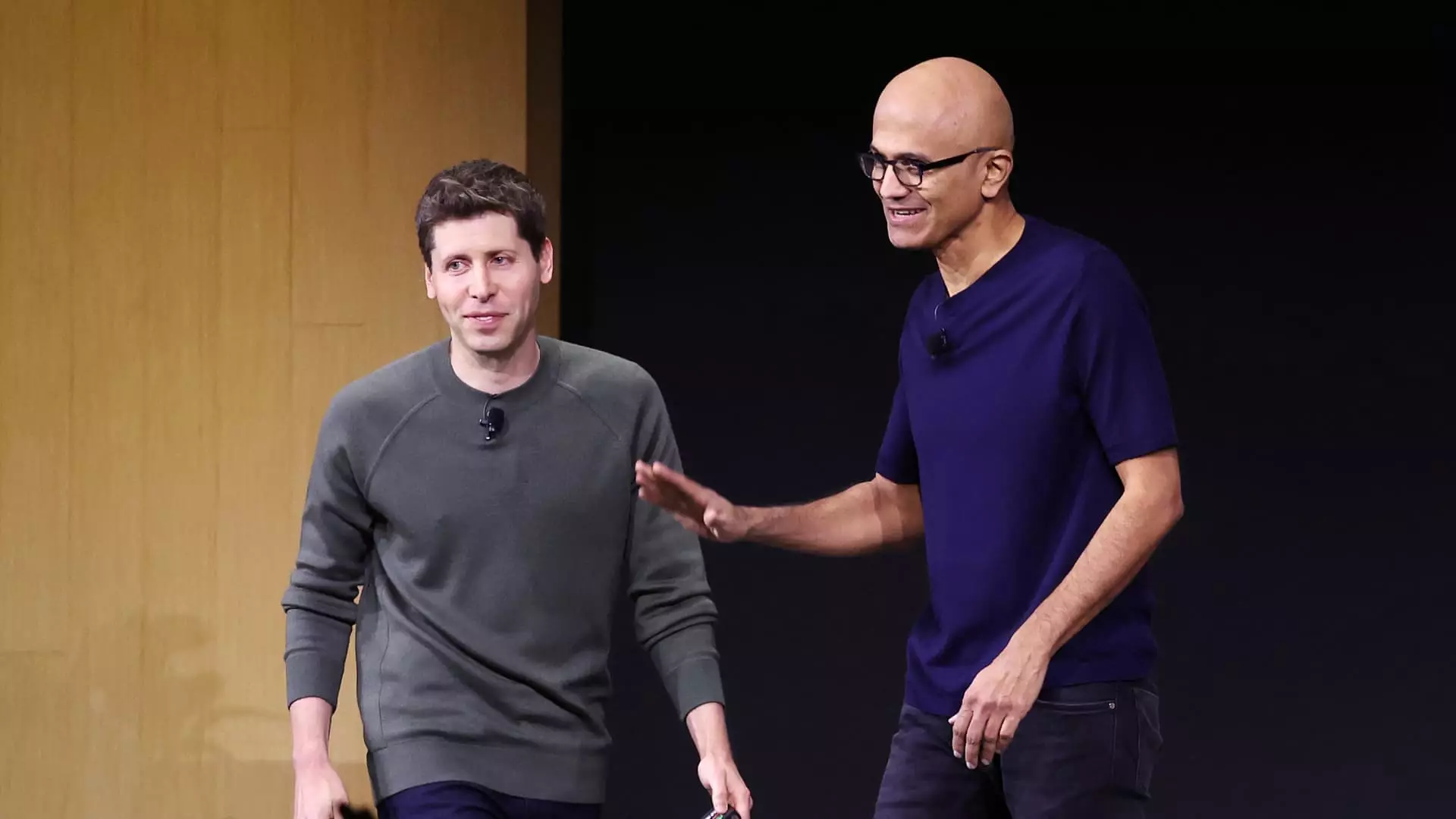The relationship between Microsoft and OpenAI has taken a complicated turn, with Microsoft now listing the artificial intelligence startup as a competitor in its latest annual report. Despite years of partnership and significant investment from Microsoft, the inclusion of OpenAI on the list of competitors suggests a shift in dynamics. While Microsoft has been the exclusive cloud provider for OpenAI and has utilized its AI models in various products, the latest developments indicate a potential conflict of interest in AI offerings and search and news advertising.
OpenAI, known for its creation of the ChatGPT chatbot, recently introduced a prototype of a search engine called SearchGPT, further solidifying its position as a player in the AI market. Some companies opt to pay OpenAI for access to its models, while others leverage Microsoft’s Azure OpenAI Service. With Microsoft’s Copilot chatbot also competing in the space, the overlap between the two entities is becoming more evident.
Despite reassurances from an OpenAI spokesperson that the partnership between Microsoft and OpenAI remains intact, recent events paint a different picture. Reports of Microsoft CEO Satya Nadella being unaware of decisions within OpenAI’s board, including the ousting and subsequent reinstatement of CEO Sam Altman, indicate a lack of communication and potential discord. The appointment of Mustafa Suleyman, a co-founder of DeepMind, to lead a new Microsoft AI unit further adds to the drama.
The close relationship between Nadella and Altman is evident, but the ongoing changes within the AI landscape suggest shifting alliances and conflicting interests. While Microsoft continues to play a significant role in OpenAI’s operations, the inclusion of OpenAI as a competitor highlights the complexities of the evolving tech landscape. With new players entering the AI market and established companies vying for dominance, the dynamics between Microsoft and OpenAI may continue to evolve in unforeseen ways.


Leave a Reply